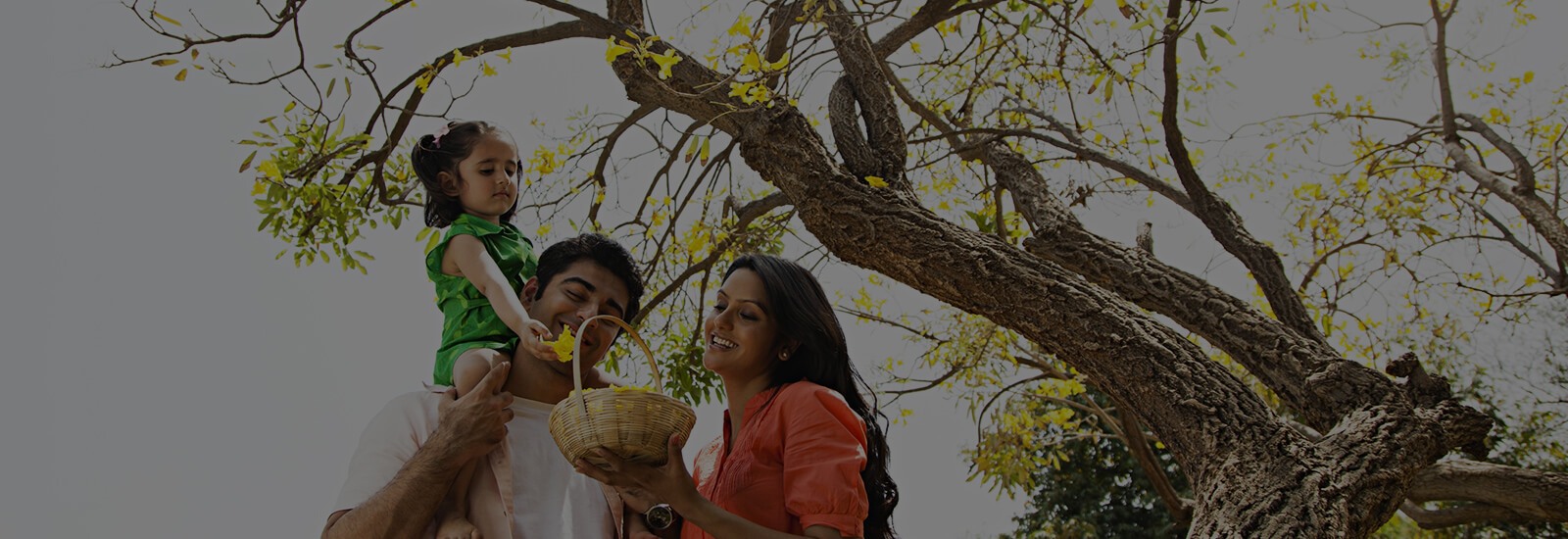What is pollen allergy?
Pollen is one of the most common triggers of an allergy or hay fever.
It is a fine yellowish powder that fertilizes other plants and is carried by the wind, birds, insects or other animals. Pollen is extremely vital to plant growth and its count is particularly highest during spring and summer time which is also considered pollen allergy season.
Due to its widespread reach, a pollen allergy is among the most common outdoor allergies in the world. As a matter of fact, one in every seven people in the world suffers from a pollen allergy.
Some people have pollen allergies year-round, while others get triggered during certain periods, mostly pollen season.
What are the different types of pollen allergy?
Types of pollen differs from plant to plant and there are several hundred plants that release pollen into the air and cause allergic reactions. Which is why, it is quite possible that a particular type of pollen might not affect two different people the same way.
For e.g., Person A might be allergic to grass pollen. So, when he is around ragweed pollen, his allergic reactions might not get triggered.
Seasonal changes can also trigger a pollen allergy as they play a key role in pollen count. Some of the most common allergens are -
-
Grass pollen allergy
The most common pollen allergy, it is mostly active during the summers and causes some of the most severe and difficult-to-treat symptoms.
-
Ragweed pollen allergy
Ragweed plants are notorious for being the most common weed pollen allergens and are most active between late spring and autumn months.
Apart from ragweed, sagebrush and tumbleweed are also common weed pollen allergens.
-
Birch pollen allergy
Birch trees bloom in spring. Which is why, birch pollen is one of the major causes of pollen allergies in during the spring season. Point in case, a single birch tree can produce up to 5 million pollen grains in the air.
Apart from birch, tree pollen allergies are also caused by trees of oak and cedar.
Additionally, in India, flowers of Gulmohar and Radhachura have also been detected as major pollen allergens.
It is best to consult with an allergist to get a pollen allergy testing done, so you can exercise caution while venturing out in pollen season.
What are some pollen allergy causes?
Some people experience an allergic reaction to pollen because their immune system falsely believes pollen is dangerous. In an attempt to fight this unknown foreign invader, the immune system releases antibodies to attack these pollen particles. This process produces a chemical called ‘histamine’, which is one of the biggest pollen allergy causes and the major reason for the person experiencing pollen allergy symptoms.
People with pollen allergies may also have a tendency to develop mold and dust allergy and lead to certain other indoor allergies as well.
What are some pollen allergy symptoms?
Pollen allergy symptoms are similar to other seasonal allergy symptoms. Allergic people will show one or more of these pollen allergy symptoms when exposed to the pollen they are allergic to -
- Nasal congestion
- Sinus pressure, leading to facial pain
- Runny nose
- Itchy, red and watery eyes
- Scratchy throat
- Coughing, sneezing and wheezing
- Swollen, blue-coloured skin under the eyes
- Aggravated asthmatic reactions
What measures can be taken for pollen allergy prevention?
As with most allergies, the best way of preventing an allergic reaction to pollen is by avoiding it. Following pollen allergy remedies at home might come in handy in preventing your exposure to pollen and resultant allergic reactions.
Things you should do if you have pollen allergy
- Check the pollen count before heading out
- Keep windows closed during pollen season
- Dry your clothes in a cloth dryer instead of drying them outside
- Bathe and wash your hair with shampoo daily after being outside for a signification period
- Wash your bedding in hot, soapy water at least once a week
- Wear sunglasses and a hat
Things you shouldn’t do if you have pollen allergy
- Do not go outside when the pollen count is high
- Do not maintain close contact with pets that spend a lot of time outdoors
- Do not engage in gardening or landscaping activities during peak pollen season
What are some ways of pollen allergy treatment?
Although pollen allergy is very unlikely to go away once developed, the symptoms can be treated – along with pollen allergy remedies at home - by one or more of these following ways –
-
Nasal irrigation
Using nasal irrigation tools, you can flush pollen out of your nasal passages with warm water and salt. Ensure you understand from under a doctor’s supervision how to do this.
-
Antihistamine medicines
Antihistamines block the histamines your body makes which are primarily responsible for you having allergic reactions. These should be taken, in consultation with your doctor, before the onset of peak pollen season.
-
Nasal spray
Nasal sprays help decongest stuffy nasal passages. Decongestants are also available as pills, liquids and drops if nasal sprays are not comfortable to you.
-
Allergy shots or Immunotherapy
Allergy shots gradually desensitize your body to pollen and can provide long lasting symptom relief.
It is best to consult with your doctor to narrow down the best treatment for your pollen allergies.

Once triggered, pollen allergy can last a lifetime.
The pollen that is transported from plant to plant, while safe for most people, might be faultily considered as a threat by a person’s immune system and the body produces histamines to fight with the pollen. These histamines created by the immune system lead to allergic reactions.
Pollen allergy prevention, though difficult to attain, it can be managed and, to an extent, treated by antihistamine drugs, nasal decongestants or allergy shots.
Between 10% to 40% of Indian population has a pollen allergy which makes it one of the most common outdoor allergies in the country.
Pollen, sometimes, can sit on your skin and lead to itchiness and causes rashes on your skin.

